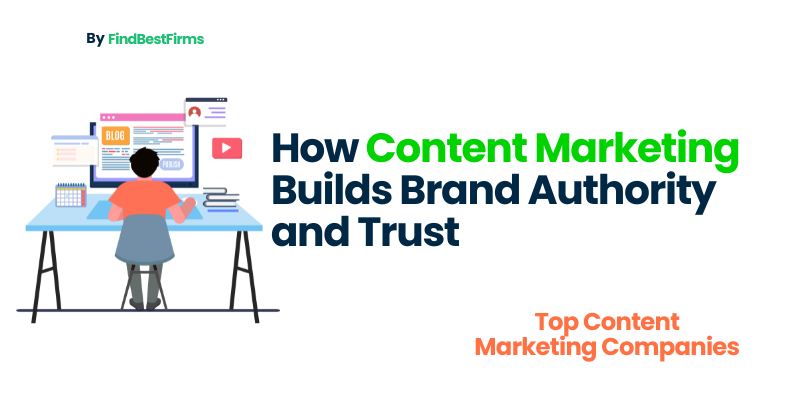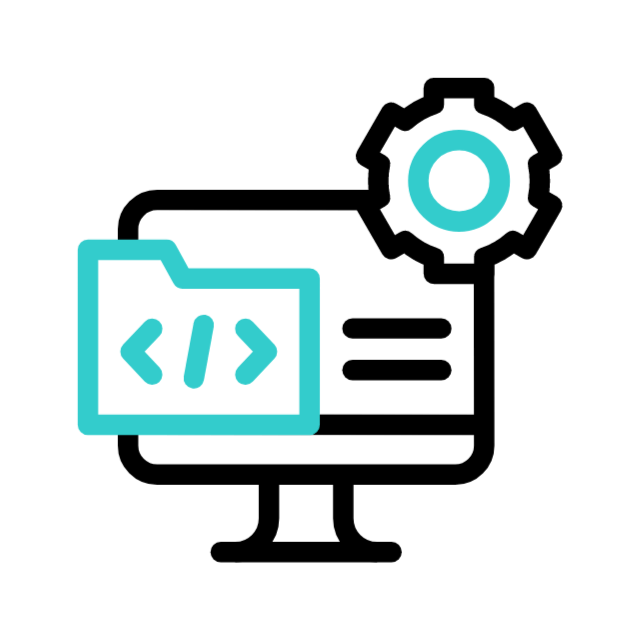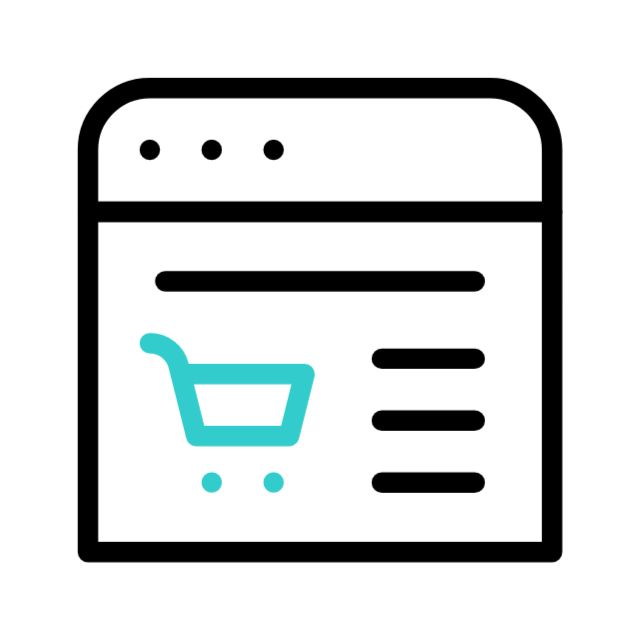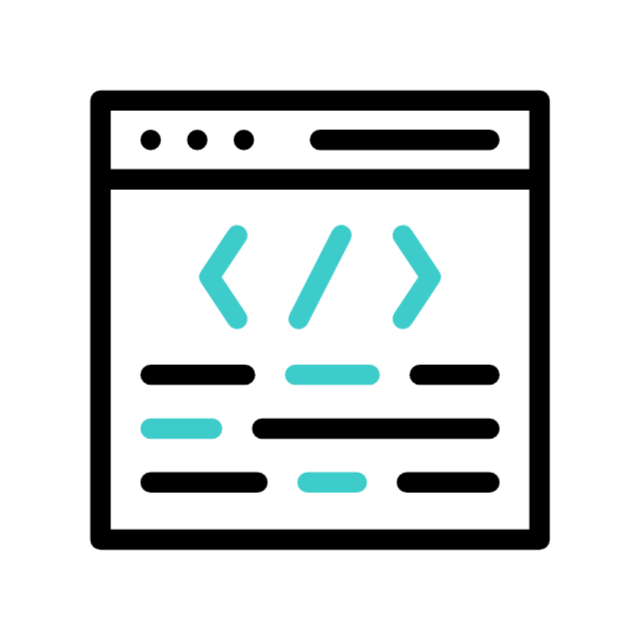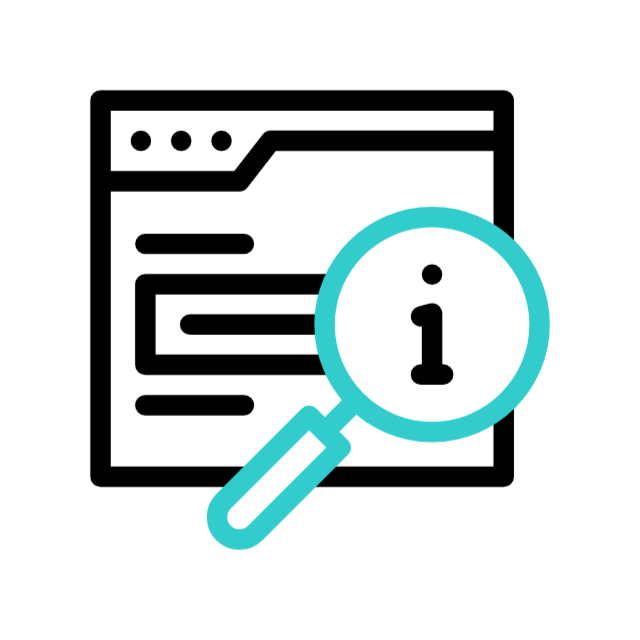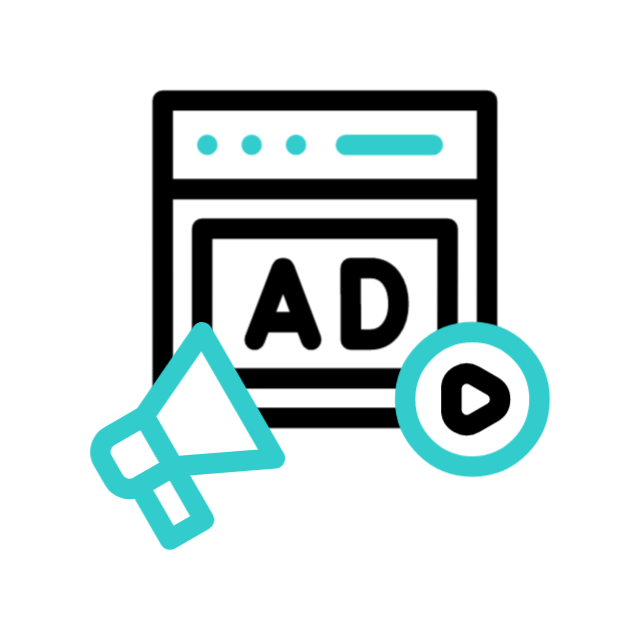Find B2B Companies By Service
Explore over 10,000 B2B companies, read reviews, see ratings, and connect with businesses to find the right fit
Featured Companies
Find the best companies for your business needs

Digital Aptech Pvt. LTD.
Web App & Mobile App Development Company
Digital Aptech is an award-winning... Read More


Unified Infotech
Unified Infotech is a 12+... Read More

Stand Out Yourself In The Competitive B2B Marketplace And Connect With Businesses Easily
Boost your B2B presence by adding your company profile, getting reviews from clients, getting verified with FindBestFirms
Create A Free Profile5K+
Total Compnies
200+
Total Services
1500+
Project Posted

A whole world of freelance talent at your fingertip

Your Experience Can Help Others Find The Right B2B Partner
Share your experience on FindBestFirms and help other businesses discover top-rated B2B firms that perfectly match their project needs. Or, explore 10,000+ verified reviews to find the perfect fit for your own projects.
Together, let's build a thriving B2B community where everyone succeeds!
Leave A Review
Testimonial
Received 4.8/5 Stars in Over 10,000+ Reviews.
Recently Added
Get best services for your work

Tech Hub with Ashutosh
Elevate Your Brand with Exceptional Freelance Services
Welcome to Tech Hub with... Read More
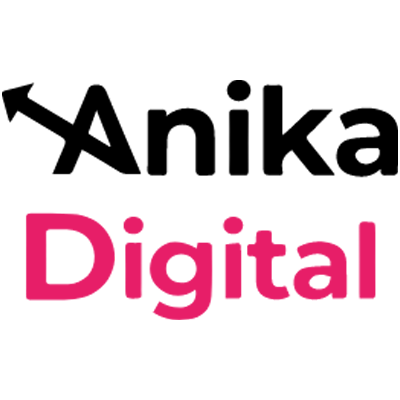
Anika Digital
Our Passion Is to See Our Clients Succeed
Anika Digital is a full-service... Read More

Spiral Mantra
Best DevOps Consulting and Data Engineering Company
Spiral Mantra is a trusted... Read More


Artik Infotech
Your Trusted Partner for Digital Growth
Artik Infotech, a software development... Read More

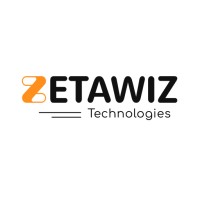
Zetawiz Technologies
We Provide Value, Not Just Services
Zetawiz Technologies, the best software... Read More
Read Our Latest Blogs, Research & Articles
Home to the Latest News, Data, and Advice for Businesses



